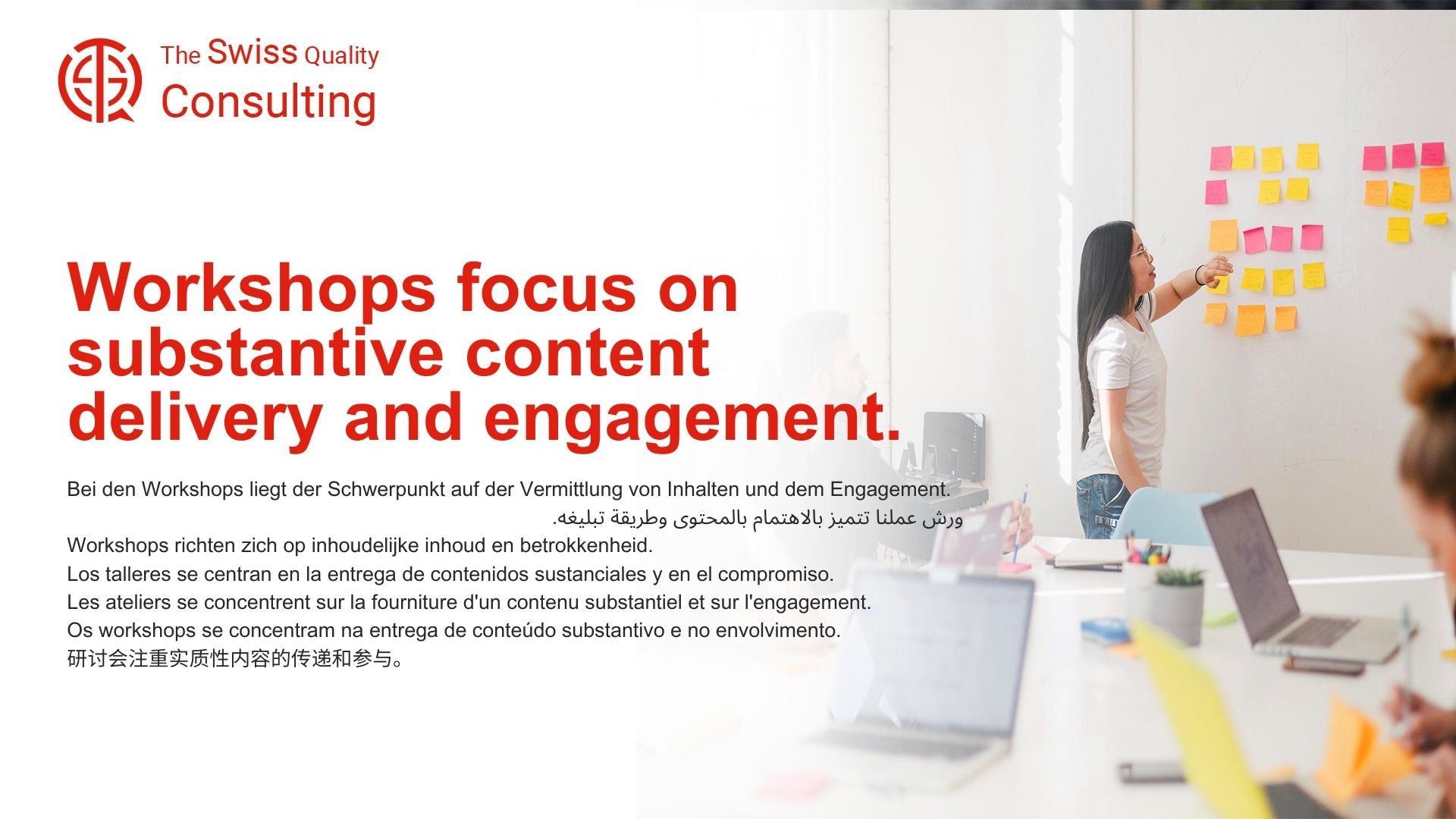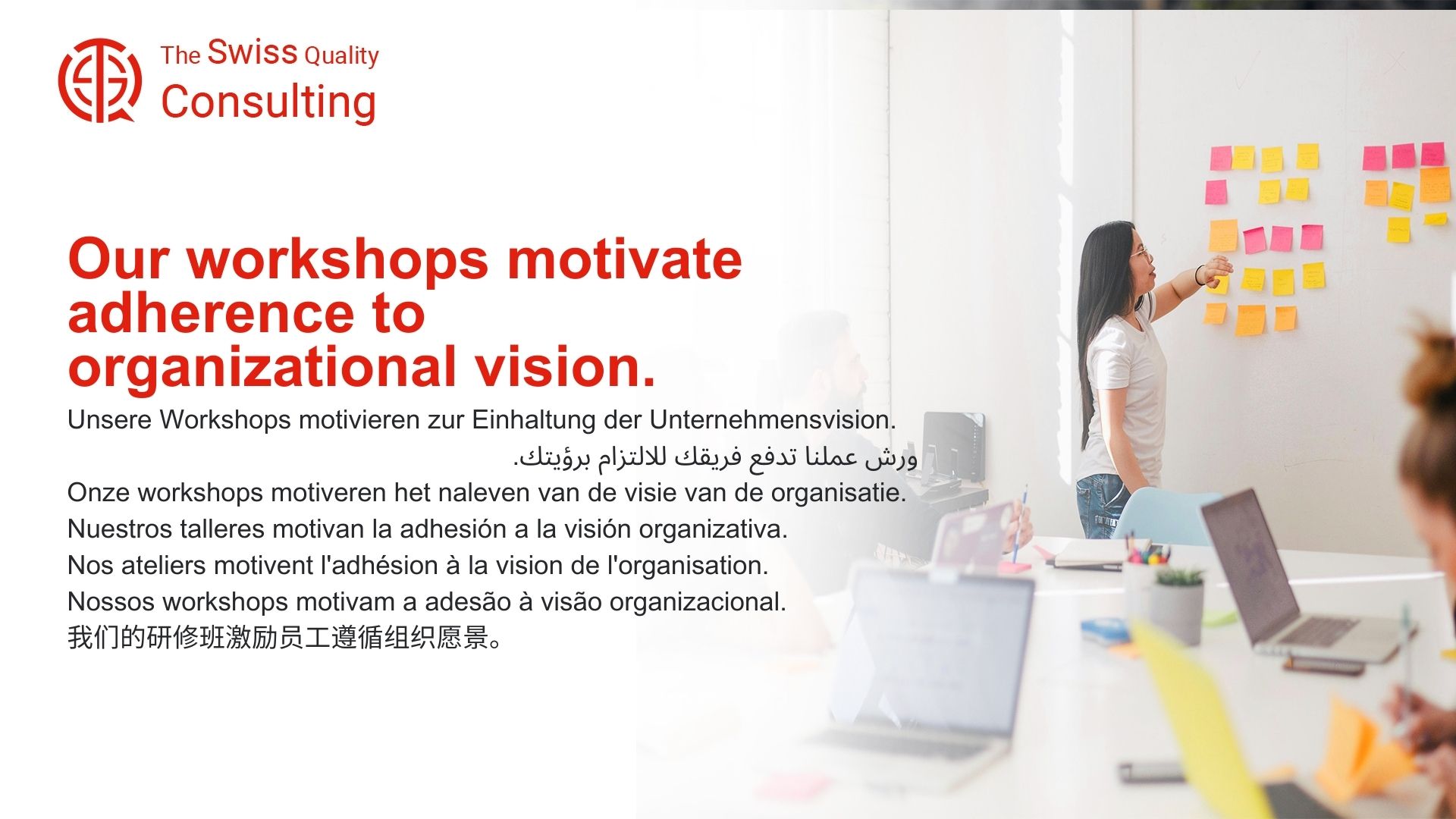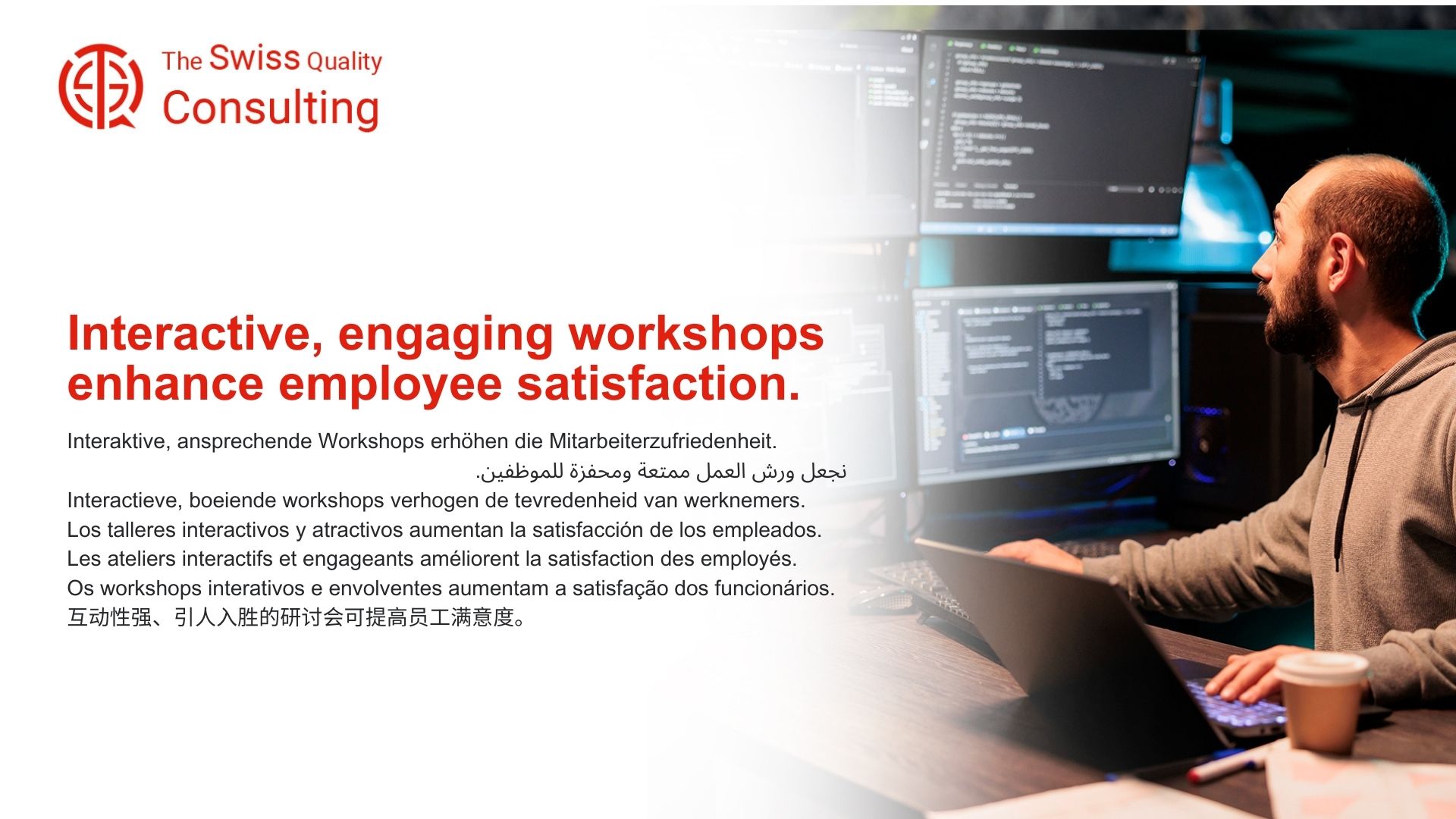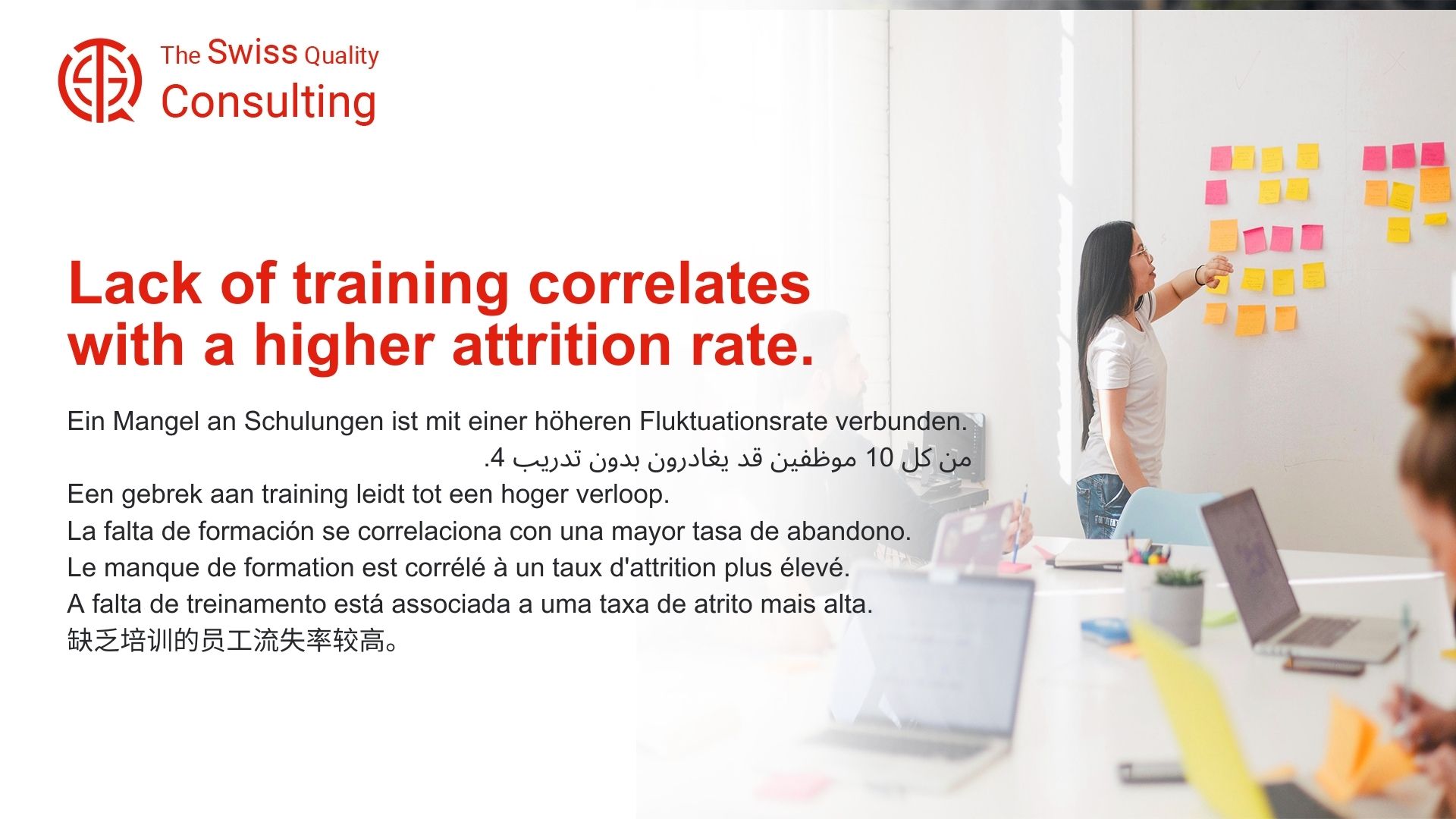Embracing the Future of Business Management
In the digital age, the clarion call is evident: “Centralize focus with unified CRM and ERP capabilities.” This directive underscores the transformation the business world is experiencing. An integrated approach to business operations has moved from being an advantage to a necessity.
The Evolution of Business Management
Over the years, the way businesses operate and manage their resources has undergone a significant transformation. Traditional methods of compartmentalized management have given way to more integrated approaches. Centralizing the management of customer relations (CRM) and enterprise resource planning (ERP) is one such evolution.
Historically, CRM and ERP were treated as separate entities within an organization. CRM systems focused on customer interactions, sales, and marketing, while ERP systems handled financials, inventory, and production. This division often resulted in information silos, hindering effective communication and decision-making.
However, the realization that these two functions are closely intertwined has led to a shift in the business landscape. Integrating CRM and ERP systems into a unified platform has become a strategic imperative for modern organizations.
The Unified CRM and ERP Advantage
Centralizing focus with unified CRM and ERP capabilities offers several advantages that can significantly impact an organization’s success. Here are some key benefits:
1. Enhanced Data Accessibility
In a unified CRM and ERP system, data from customer interactions seamlessly integrates with financial and operational data. This provides a holistic view of the business, enabling executives and managers to make more informed decisions. Real-time data accessibility empowers teams to respond to customer needs promptly and adapt to market changes effectively.
2. Improved Efficiency
By eliminating redundant data entry and manual processes, unified CRM and ERP systems streamline operations. This efficiency boost translates into cost savings and allows employees to focus on value-added tasks. It also reduces the likelihood of errors that can occur when data is duplicated across disparate systems.
3. Effective Communication
Unified CRM and ERP systems foster better communication among teams. Sales and marketing teams can access customer data, allowing them to tailor their strategies and promotions effectively. At the same time, finance and production teams can align their operations with sales forecasts and customer demand.
4. Consistency in Customer Interactions
Consistency is key in building strong customer relationships. With a unified CRM and ERP system, customer interactions are logged and tracked consistently across departments. This ensures that customers receive a seamless experience, regardless of who they interact with within the organization.
5. Data-Driven Decision Making
The centralization of data enables organizations to harness the power of analytics. Advanced reporting and analytics tools can provide valuable insights into customer behavior, market trends, and operational performance. Armed with these insights, executives and managers can make data-driven decisions that drive business growth.
Executive Coaching Services: A Catalyst for Success
While the integration of CRM and ERP systems is undoubtedly beneficial, it requires effective change management and leadership. This is where executive coaching services play a pivotal role.
Why Executive Coaching?
Effective change management and leadership are essential components of successfully implementing unified CRM and ERP systems. Business executives and mid-level managers must navigate the challenges that come with such transformations, including resistance to change, employee morale, and aligning the organization’s vision.
Executive coaching services provide personalized guidance and support to leaders during these critical transitions. Coaches work closely with executives to enhance their leadership and management skills, enabling them to lead with confidence and inspire their teams.
The Role of Generative Artificial Intelligence (AI)
Generative Artificial Intelligence, often referred to as GAI, is a cutting-edge technology that can further enhance the effectiveness of executive coaching services. GAI utilizes advanced algorithms to analyze data, generate insights, and provide actionable recommendations.
In the context of change management and the implementation of unified CRM and ERP systems, GAI can:
Analyze employee sentiment and engagement data to identify areas of concern and suggest strategies for improvement.
Provide real-time feedback to executives and managers based on their interactions with team members.
Predict potential roadblocks or challenges in the integration process and recommend proactive solutions.
By leveraging the power of GAI in conjunction with executive coaching services, businesses can navigate the complexities of change management more effectively and increase the likelihood of a successful transition.
Project Management Excellence
Centralizing focus with unified CRM and ERP capabilities also requires efficient project management. Effective project management is crucial to ensuring that the integration process is executed smoothly and within the defined timelines.
Key Aspects of Project Management
Successful project management in the context of CRM and ERP integration involves:
Clear Objectives: Defining clear objectives and goals for the integration project is essential. This ensures that everyone involved understands the desired outcomes and works toward them.
Cross-Functional Teams: As CRM and ERP systems touch multiple aspects of an organization, cross-functional teams are necessary for collaboration. These teams should comprise members from sales, marketing, finance, IT, and other relevant departments.
Timeline and Milestones: Establishing a well-defined timeline with key milestones is critical. It allows teams to track progress and make necessary adjustments along the way.
Risk Management: Identifying potential risks and developing contingency plans is part of effective project management. This proactive approach helps mitigate unforeseen challenges.
Business News Updates: Staying Informed
In today’s rapidly changing business environment, staying informed about industry trends, technological advancements, and market dynamics is vital. Business executives, mid-level managers, and entrepreneurs need access to timely and relevant information to make informed decisions.
Importance of Business News Updates
Business news updates provide valuable insights into:
Market trends and consumer behavior.
Competitor activities and strategies.
Regulatory changes and compliance requirements.
Technological innovations and their potential impact on the industry.
To centralize focus with unified CRM and ERP capabilities effectively, it is essential to stay abreast of these developments. This knowledge empowers organizations to adapt their strategies and leverage their integrated systems to stay competitive and drive success.
Conclusion: The Path to Business Success
In conclusion, centralizing focus with unified CRM and ERP capabilities is not just a technological upgrade; it is a strategic imperative for businesses looking to thrive in today’s dynamic landscape. The advantages of enhanced data accessibility, improved efficiency, effective communication, consistency in customer interactions, and data-driven decision-making cannot be overstated.
To navigate this journey successfully, executive coaching services and the integration of Generative Artificial Intelligence can be invaluable. These resources empower leaders to guide their organizations through change management with confidence and competence.
Additionally, efficient project management ensures that the integration process is executed seamlessly, delivering the desired outcomes within defined timelines.
Staying informed through business news updates is the final piece of the puzzle. It equips organizations with the knowledge and insights needed to adapt and excel in an ever-evolving business environment.
By embracing the concept of centralized focus with unified CRM and ERP capabilities, businesses can unlock their full potential, drive growth, and position themselves for sustained success in the digital age.
#CRM #ERP #BusinessSuccess #ChangeManagement #ExecutiveCoaching #ProjectManagement #BusinessNewsUpdates























